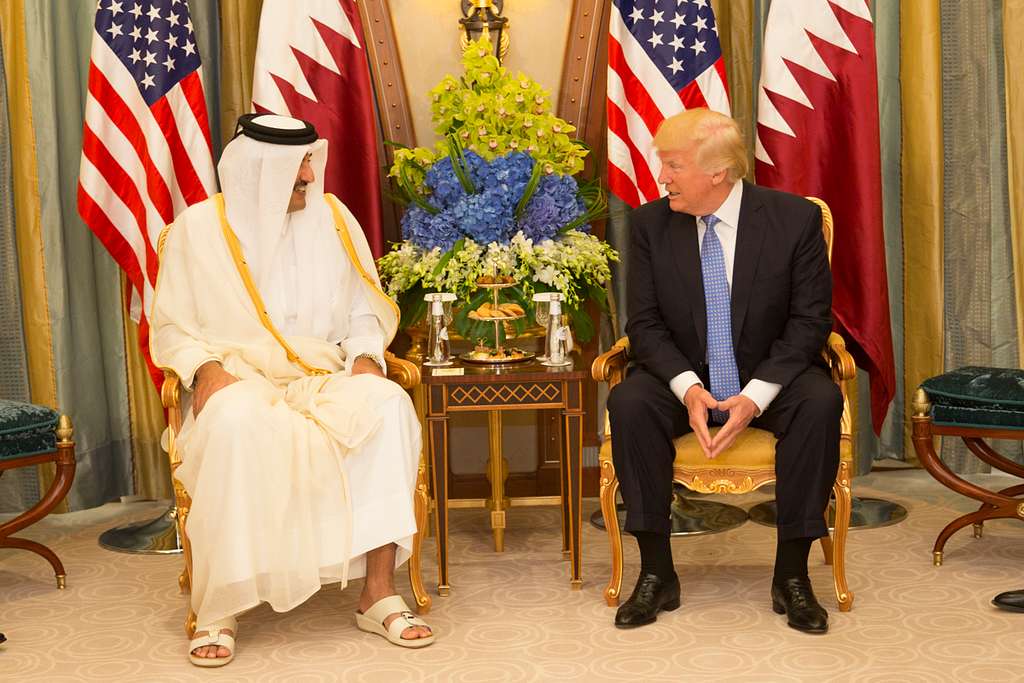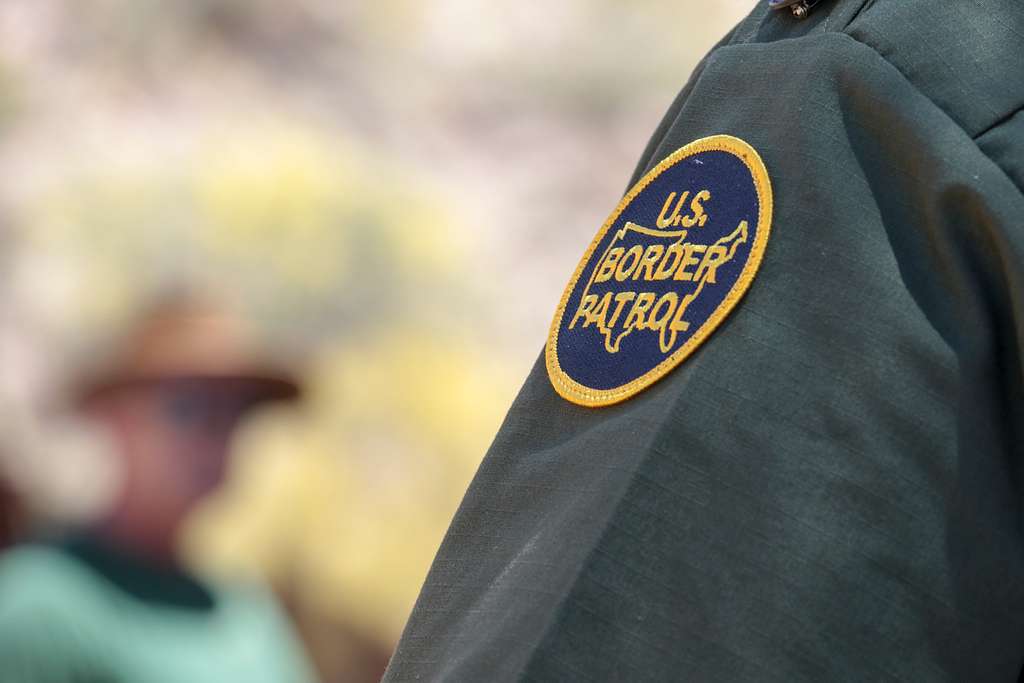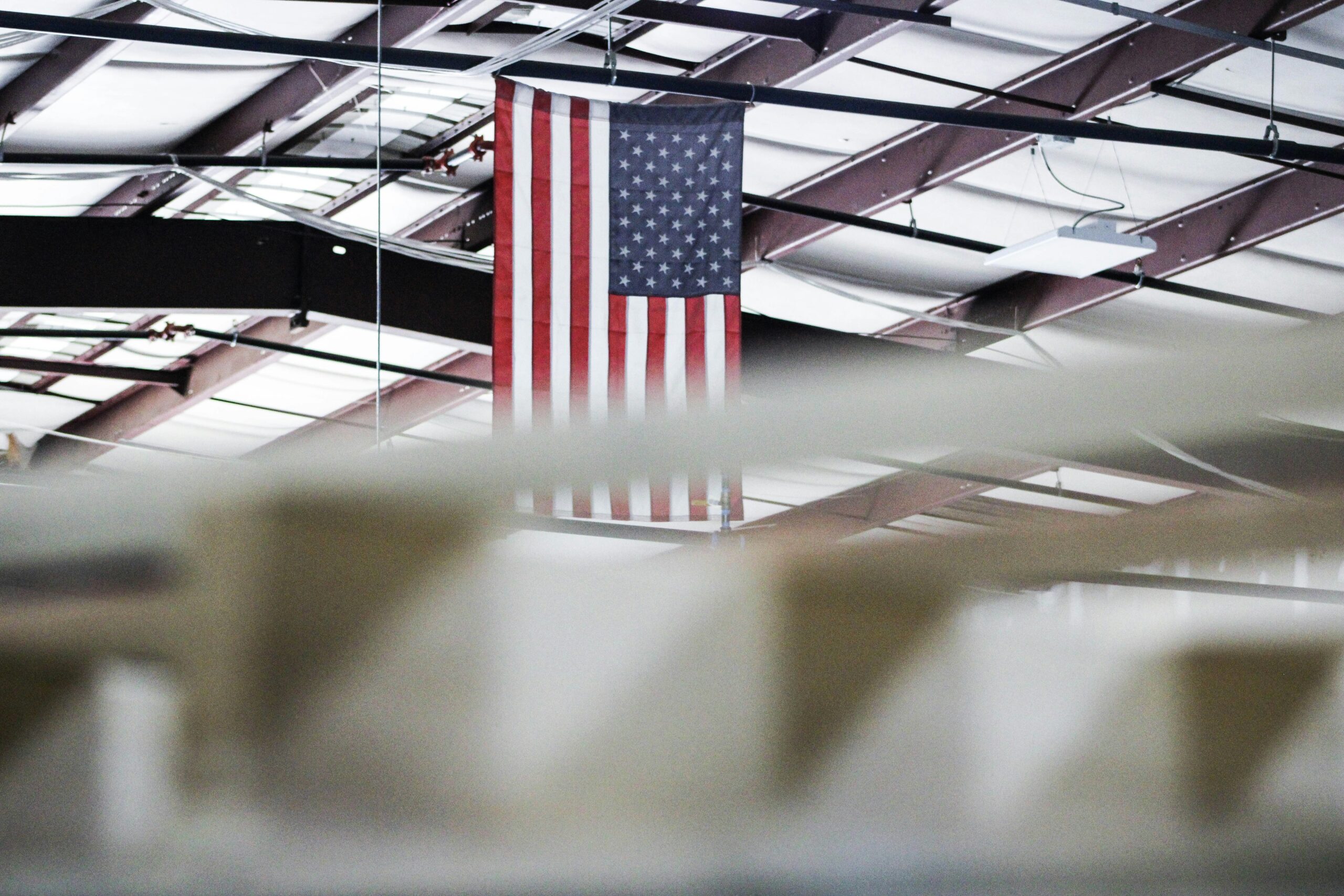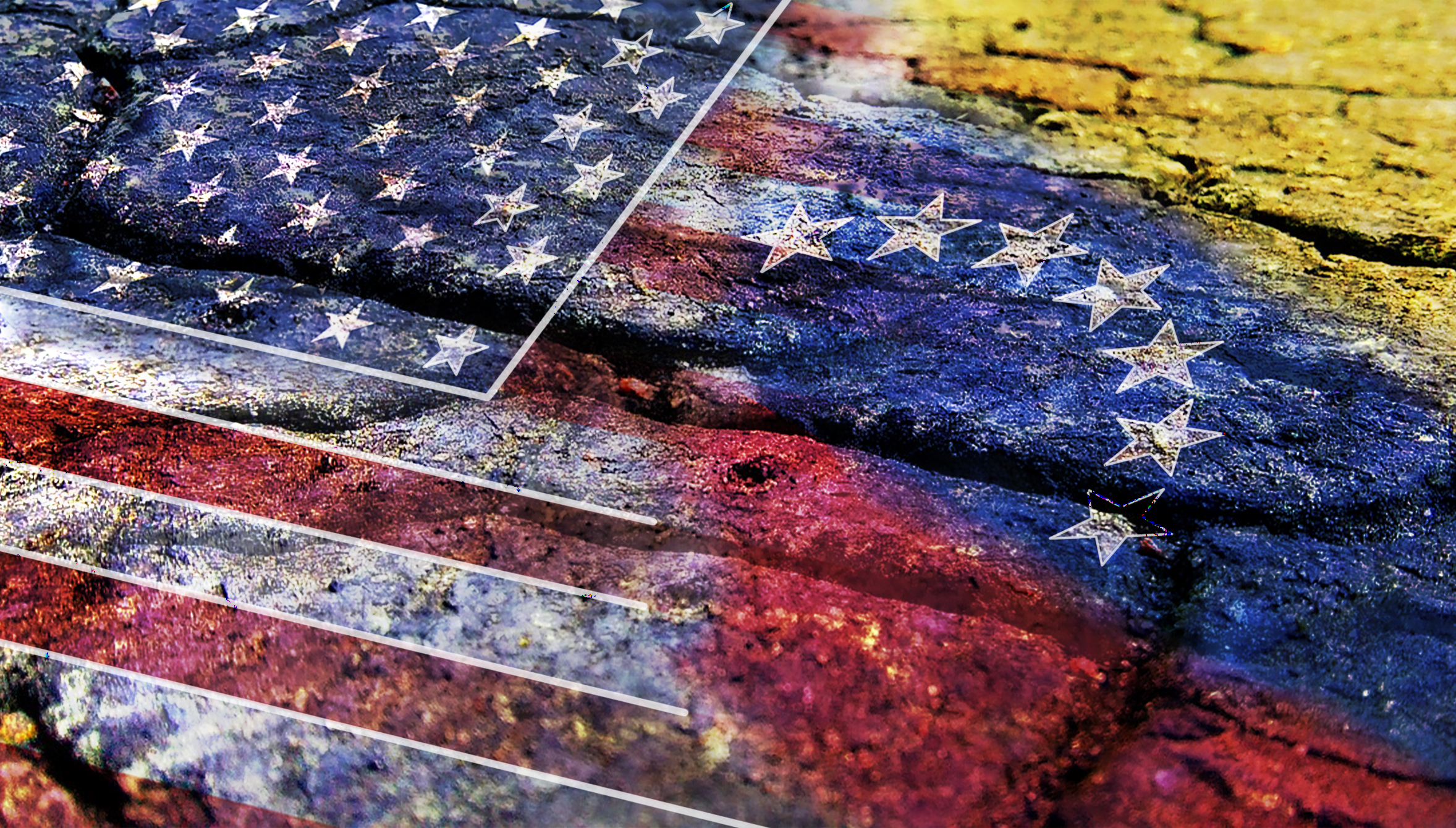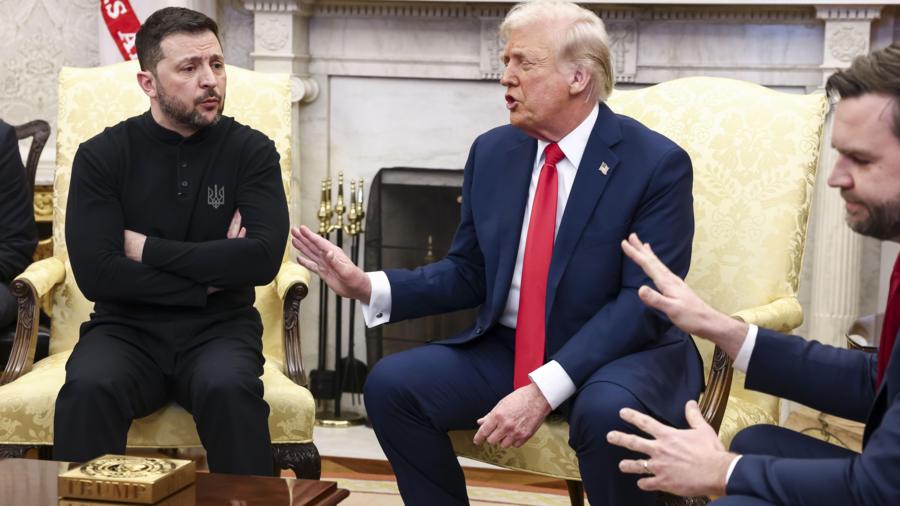Mahmoud Khalil, a Palestinian rights advocate and graduate student at Columbia University, remains in federal detention as his legal team pushes back against what they describe as a political and retaliatory deportation attempt. Arrested by ICE on March 8, Khalil is being held in Louisiana under a Cold War-era clause of the Immigration and Nationality Act, which allows removal based on vague claims of foreign policy risk.
At a court hearing this week, a judge in New York ruled that Khalil’s case must proceed in New Jersey, where he was originally detained. However, the judge also barred deportation until the New Jersey court completes its review. His next court date is set for April 8. Khalil’s legal team, backed by the ACLU, argues his detention violates due process and is rooted entirely in his public advocacy for Palestine.
From inside his ICE detention cell, Khalil released a handwritten letter describing himself as a political prisoner. In the letter, he criticized Columbia University directly, accusing it of enabling doxxing campaigns and disciplinary actions that “laid the groundwork” for his arrest. “They are trying to break our movement by targeting its most visible voices,” he wrote. “They want to silence all of us.”
Khalil, a legal permanent resident with no criminal record, had become a prominent voice in the campus protest movement before his arrest. Rights groups warn that his case sets a dangerous precedent for criminalizing dissent. “This is not about immigration,” said an ACLU spokesperson. “This is about shutting down political opposition.”
Khalil’s detention is not an isolated act—it is part of a growing trend under the Trump regime to use immigration law as a weapon against political opposition. Activists, students, and legal residents have found themselves targeted not for what they’ve done, but for what they represent. The precedent being set is clear: dissent, especially when it challenges U.S. support for Israeli actions, will be punished.
This is no longer just a fight for Mahmoud Khalil’s freedom—it is a test of whether civil liberties, academic freedom, and the right to protest still exist in the United States. If a lawful permanent resident can be detained and deported for advocating for human rights, no one is safe. As Khalil himself warned in his letter, “They want to silence all of us.”
The Crustian Daily will continue to follow developments in Khalil’s case and other examples of political repression under the Trump regime.
Author
Discover more from The Crustian Daily
Subscribe to get the latest posts sent to your email.


